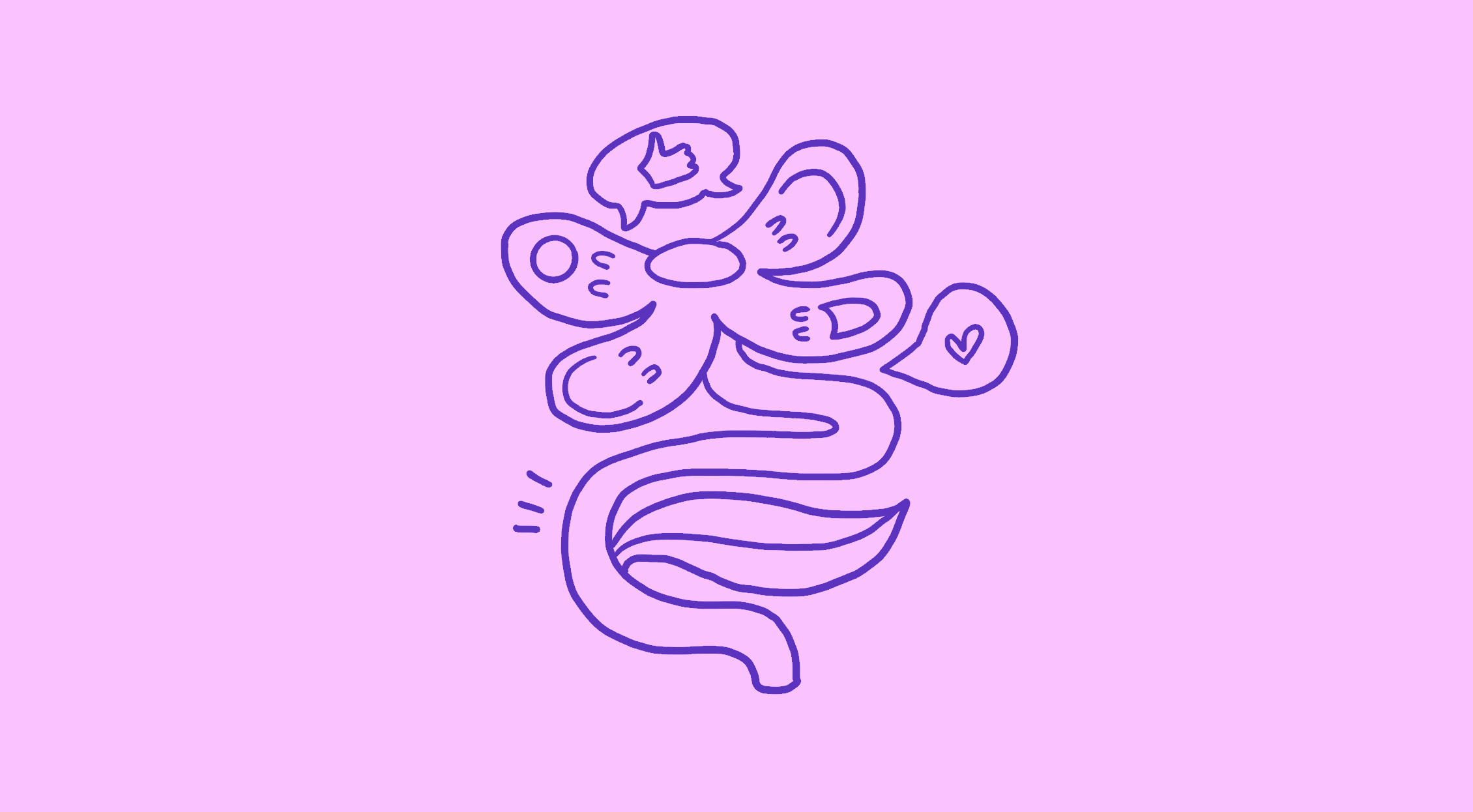A smart organisation supports the development of its experts, but it does not force them into a particular mould. A smart coach will do the same.
If you’re reading this, I don’t need to tell you that the world is getting increasingly complicated. Huge demands are being placed on everyone, and it’s never-ending. Develop, grow, change, because everything is developing and growing and changing. Updating your knowledge and learning new skills is not a way to get ahead of the game, it is a minimum requirement for surviving in the world of work.
In recent years, the amount of communication involved in expert work has grown at an incredible speed: the ability to speak about your expertise to various stakeholders is no longer an extra job on top of your actual work, it is part of your core duties. So what is an organisation that is aware of the situation doing now at the latest? It will be purchasing some form of training in communication.
That’s good, but it’s important to pay close attention. You see, organisations have a lot of power over how their people experience the pressure of having to continuously develop all the time. The pressure put on them is exhausting at worst, and some may even feel paralysed by it. If they are placed under this pressure without receiving any support, it will not end well. If the support provided by the organisation is not the type of support that people need, it will not end well. As a result, they may start to feel that they are not good enough, that they are the wrong type. The threshold for having the courage to come forward and participate in the discussion may get even higher.
Interaction rather than performing in front of others
At Kaskas, our philosophy on coaching has been one of support and encouragement from the very beginning. We are not on the lookout for mistakes and we do not mystify performance situations. Do you find that you gesture wildly with your hands when you are on the TV? Just do it. Do you want to avoid social media? We can find a better place for what you want to say. We want as many experts and researchers as possible to be able to present their expertise in the most easy-to-understand way possible, but in a way that suits them.
Communication, whatever the situation, is always primarily about interaction between people, rather than a performance, always having to play the role of self-controlled and capable expert. That’s why our goal is to find everyone their own way and channel to present their expertise so that it can be of use to society. We look for strengths together and build on them.
Image of expertise is still too narrow in the media
When you look at any Finnish channel of communication, from traditional media to social media, the voice and face of expertise is still very white and often still very male. Over the years, many media companies have tried to even out gender gaps, for example, with various calculators. These have quietly disappeared from media company websites, and the Gender Pay Gap Bot on the X messaging service (previously Twitter), which calculated gender pay gaps in Finnish news media, also drew its last breath in the spring. The binary male-female division is a narrow measure of diversity, but it does tell us something:
we need more well-informed voices to join the discussion. Too many experts are worried that if they have an opinion on something, they will come under attack for their views. Unfortunately, far too many have therefore limited sharing their expertise and knowledge, even though the need for knowledge is even greater now in this polarised climate. That’s why experts do not need any more pressure. A sufficiently unpleasant interview simulation during a media coaching session can, at worst, make someone lose all enthusiasm to share their expertise with the audience that needs it the most.
To make sure that it is not only those who shout the loudest and who are most outspoken that get heard, we want to encourage more and more experts to speak up, just as they are. It is important to get the message across so that people can understand it, but there is no need to squeeze yourself into the same mould as everyone else.
Writers Liisa Mayow and Marika Ahonen provide coaching to Kaskas’ clients so that more people can participate in the societal debate.




